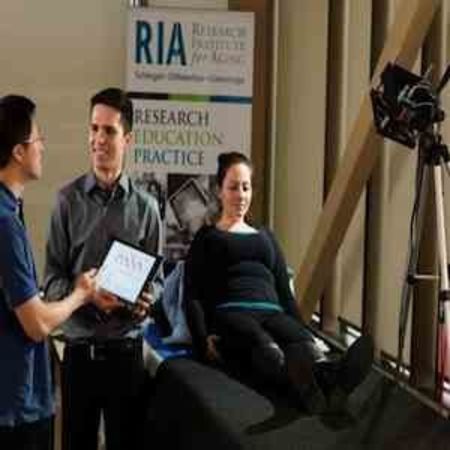Researchers at the University of Waterloo have developed a new system that can monitor vital signs and could potentially lead to improved detection and prevention of cardiovascular issues. It may also provide greater independence for older adults. Details of the new device are published in Nature's Scientific Reports.
The device uses the Coded Haemodynamic Imaging technology and is the first portable system of its kind that has the ability to monitor a patient's blood flow at multiple arterial points simultaneously and without any direct contact with the skin. The device should be extremely useful in patients suffering from burns or contagious diseases and infants in neonatal intensive care.
"Traditional systems in wide use now take one blood-pulse reading at one spot on the body. This device acts like many virtual sensors that measure blood-flow behaviour on various parts of the body. The device relays measurements from all of these pulse points to a computer for continuous monitoring," said Robert Amelard, a PhD candidate in systems design engineering at Waterloo and recipient of the prestigious Alexander Graham Bell Canada Graduate Scholarship from the Natural Sciences and Engineering Research Council of Canada.
This new technology could play an important role in earlier detection of heart problems since the continuous data collection at different parts of the body could help give a more complete picture of what's going on in the body. It can pave the way for advanced monitoring that is currently not possible with traditional, single-point methods.
See Also: New, Safer, Faster Heart Scan Technique
Professor Alexander Wong, of the Faculty of Engineering at Wateloo and Canada Research Chair in Medical Imaging Systems also points out that the new device could also be quite useful in mass emergency scenarios and long-term care homes. It offers a more predictive approach to monitor vitals and can indicate arterial blockages that may go undetected with current methods. This device will also be more appropriate for older adults who are at risk of falling due to dizziness when they stand.
Source: University of Waterloo
Video Credit: University of Waterloo
Image Credit: UWaterloo/Fred Hunsberger























